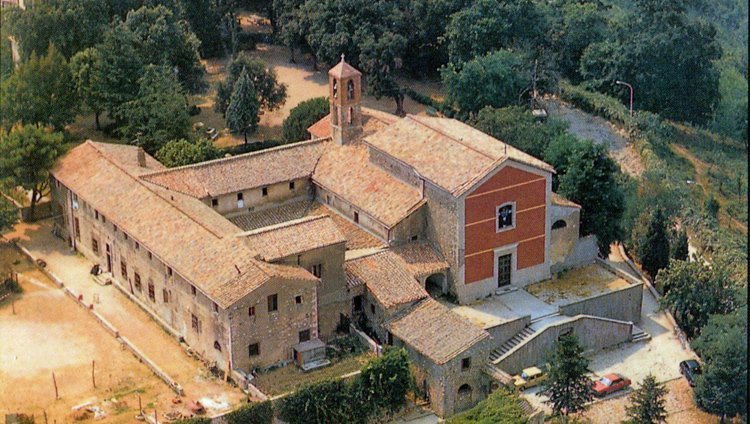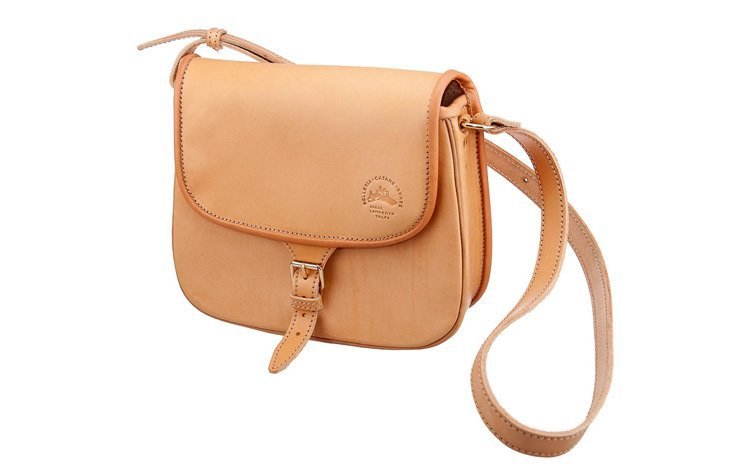
How can we turn a bad thing into a good thing and create a Tolfa renaissance?
By Pål Steigan.
We live in very difficult times. I share these days and weeks with my fellow citicens of Tolfa. Our lovely, beautiful town is sad these days, and we see it in peoples’ eyes over the masks. We are not even hugging and kissing anymore, and we get nowhere because of the curfew. I have made it a routine to talk with people in the lines outside the shops and the supermarket, and I learn a lot by listening to my neighbours. This week I have for example talked with two bright young women who are very much “in gamba” as we say here, clever folks with brains and vision. Both of them said the same about EU: “I once believed in EU, thought it was good. Nor any longer. We have nothing good to expect from Brussel or Berlin. We have to get out, do it ourselves.”
Let’s start here
Today I responded: “Tolfa is rich. The nature here is abundant. It used to be a breadbasket, It has a very varied nature and the Università Agraria is huge, one of the largest in Europe. We can’t rely on Rome; we can’t rely on Brussels. We have to rely on ourselves. We have little money. But money is no real source of value. The sources of value are nature and human labour. Nature is all around us and human labour, that is us. Let’s start!” The young woman, who is one of the culture activists in Tolfa said: “Yes, of course we can make it!” Then she made high five, which I think is illegal these days, but so what? So, I decided that this is the moment to promote an idea I have had for some years. This is the exact moment in time where this idea should be realised.
Tolfa Economic Form
When international travel becomes possible again, I will invite to a workshop/seminar in Tolfa under the name of Tolfa Economic Forum. Of course, it is a joking reference to Davos and World Economic Forum, they at the top, we at the bottom, but the idea is no joke.
We, the ordinary people need to get together to talk about and study the world economic crisis, and chart practical ways to strengthen our hand.
The rich have all sorts of forums and conferences and they plan all sorts of attacks on the working people. They are immensely richer than us, they have the power, and we have not, but what I can’t accept is that they are smarter than us. We could do better. They defend a corrupt system in deep crisis and the class interests of less than 0,1% of mankind. We should be able to outsmart them, at least in the long run. And a long run has to start with the first step.
See Rai Uno Linea Verde about Tolfa and the surroundings.
Together with some colleagues I have started a company that is called Tolfa Development srl. This company has the contract of refurnishing the 399-year-old Convento dei Capppucini and turn it into a centre not only for tourism and accommodation, but a cultural centre, to rise the knowledge and appreciation of the Tolfa culture, tradition, products and history. We want to be the nave in a system of a wide variety of activities, trades, associations as well as cultural and productive activity. When we called the company Tolfa Development, we meant it literally, a company for the development of Tolfa, not only as a tenant of the convent.

Tolfa has a commons, Università Agraria, with an elected leadership that are the guardians of thousands of hectares with forests, fields, hills, hot springs, creeks and rivers. Here people have cultivated the land for more than 7000 years. In these lands roam the long horned maremma cattle as well as flocks of Tolfa horses. The alum mines of Tolfa where so rich that they filled the banks of Florence and helped the popes build the Saint Peter’s Cathedral in Rome. The leathermaking and saddle making in Tolfa are famous and have a very high quality.

We are a little over 5000 inhabitants. That is big enough to have different groups with different energies that can stimulate each other, and it is small enough to feel like a big family in times of crisis. A few years ago, we all cried when a four-year-old died. And we cried again this winter when the respected and beloved initiator of the Centro di Anziani died with the covid-19 virus.
That makes Tolfa an ideal case for a game changing project.

The lands
During the visit of the TV-people from Rai Uno Linea Verde, who made a beautiful program bout Tolfa, I made a survey of the part of the commons that is closest to The Mediterranean. In that region there are rolling hills, a great sea view, and they alleviate horses and calves. There is even a hot spring that is not in use. And the land have so many more possibilities. My friend from the Agraria and I agreed on proposing a workshop on how to utilise these lands in a better way, to create more jobs and more value for the people of Tolfa. This was just before the lockdown, so we haven’t had the possibility to continue. But as soon as the lockdown is over, we will get together and start charting the possibilities.
The fine thing is also the politicians of both the ruling coalition and the opposition favour these kinds of ideas. They have to be on-side to have all the permits etc that will be needed.
The economy
Though being an agrarian society, most of the jobs are in the small businesses, building activity, education, administration and health services. But all the extended families have relations to the land. If they don’t grown food themselves, they have an aunt or a cousin who does.
And there are a great number of artisans and small shops with some expertise we will need. There are also room for more.

That is to say that quite a part of the local money circulation go between local producers.
Since people will have little money after the lockdown, and since barter trade has it obvious weaknesses, it’s not so practical to exchange a haircut for a piece of ham all the time, we will need a local currency, say a Tolfa lira, to trade in local goods and services, and even to pay local taxes! This is not utopian, there are such systems up and running in Italy.
Experts from abroad and from the grassroots of Tolfa
Of course, Tolfa Economic Forum will have to deal with the big picture, the huge global crisis, with the destiny of Europe and Italy in the big perspective. But since it will be located in the extraordinary and beautiful town of Tolfa, it should deal very concretely and very specifically with the “Tolfa case”. And of course: the foreign guests wil stay at the Convento dei Cappuccini, built in 1621 by the Franciscan architect Fra’ Michele da Bergamo.
As we say in the shop lines when we depart: Lo facciamo! We will make it!
Denne artikkelen ble publisert på engelsk for å gjøre den raskt tilgjengelig for et internasjonalt publikum.
Les også: Tolfas renessanse – eller hvordan drive samfunnsbygging i en italiensk landsby
Du kan abonnere på steigan.no her. Det koster ingenting.
Men hvis du vil være med på å opprettholde og styrke vår kritiske og uavhengige journalistikk, kan du også gjøre det:
Vipps: 116916.
Eller du kan betale inn på Mot Dags støttekonto: 9001 30 89050 – eller gå inn på vår betalingsordning.


 oss 100 kroner!
oss 100 kroner!